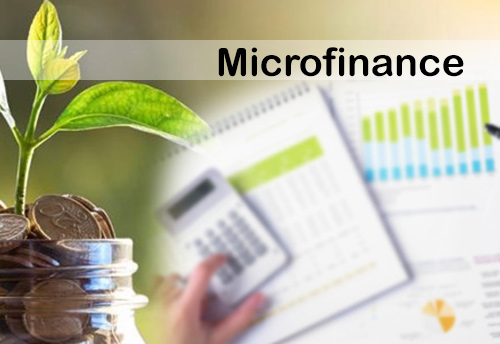Reprinted from Islamic Finance News
No doubt about it, COVID-19 has hit the US economy hard. Approximately 26 million Americans have lost their jobs — and with 58% of Americans having less than US$1,000 in savings, it is safe to say that many in the country are under severe financial strain, unable to handle even the smallest unexpected expenses. Although the government has stepped in to provide some measure of relief, the one-time financial stimulus checks have been far from adequate.
With this new situation come some timely initiatives in the area of Islamic finance — namely, a wave of interest with organizations offering no-interest micro loans.
Although payday loans are typically available to borrowers looking to access funds quickly to manage emergency situations, these loans often charge interest rates of around 300% up to over 700%.
To put this into perspective, if someone were to take out a US$500 payday loan with an annual percentage rate of 391%, they would end up owing about US$575 only two weeks later.
This can quickly add up, and — for obvious reasons — would not fit within the scope of Shariah compliant borrowing.
As a result of such challenges facing the community, Usman Waheed decided to help create access to funding for individuals experiencing temporary financial need (such as to help cover unexpected bills), who would otherwise find it difficult to obtain financing.
Usman has founded a non-profit organization called Fursa, a crowdfunding platform that provides
Halal investment opportunities to the greater Muslim community while offering ethical funding to businesses.
Fursa aims to make it easy to raise Halal funding for investment opportunities (such as in real estate and small business) through Shariah compliant agreements.
Tamim Saidi is another individual who recently has been instrumental in launching no-usury microfinancings.
These financings are designed to help individuals who have an immediate one- time need, such as for a car or appliance repair.
The organization is currently in its early stages and will be launching a more robust online presence soon.
Interestingly enough, the idea for interest-free micro lending has also caught hold in the wider US population, with the online lending platform SoLo Funds allowing for interest-free peer-to-peer lending of financings between US$50 and US$1,000.
Overall, while many Americans are grateful for the government’s stimulus payment, the reality on the ground is that this is not enough to make ends meet.
Additional funding and relief are being sought after by millions around the country, and this provides the business and financial sectors with the perfect opportunity to step in and help enable the community to flourish.
This is especially true for those within the Islamic space, where the concept of beautiful financings (Qard Hasan) is highly encouraged.
Aliredha Walji is the vice-president of ShariaPortfolio. He can be contacted at aliredha@shariaportfolio.com.

